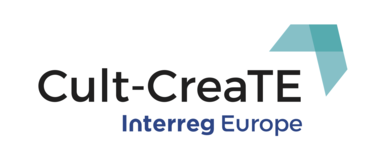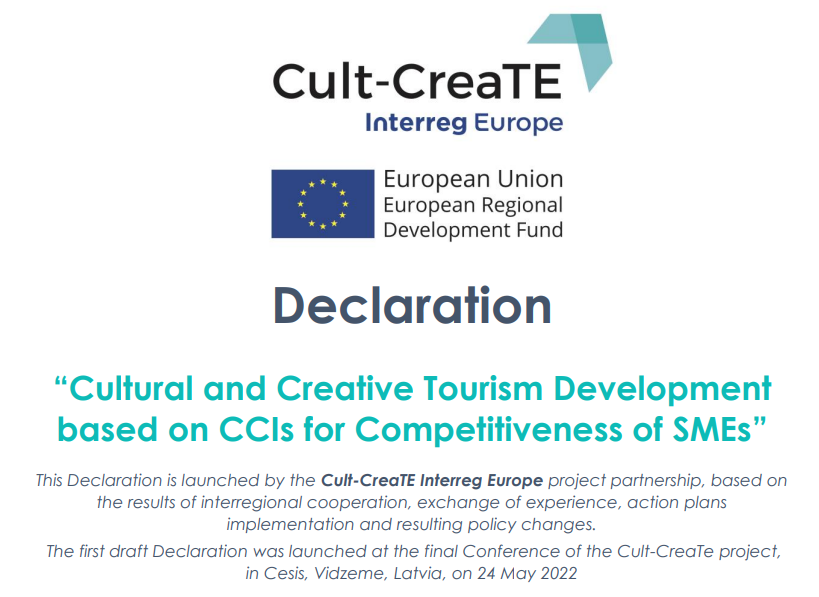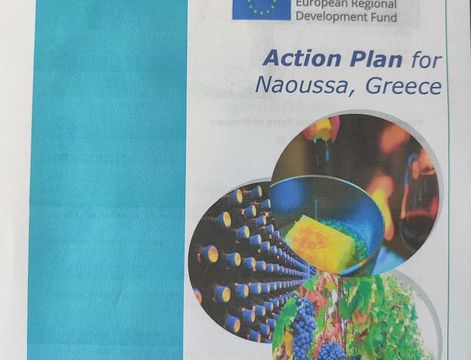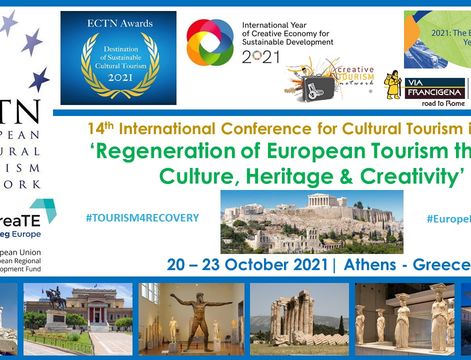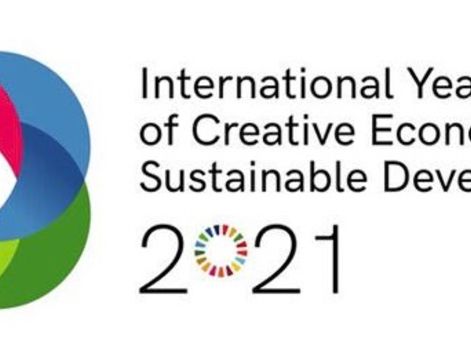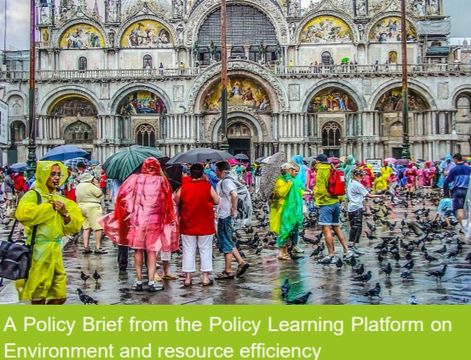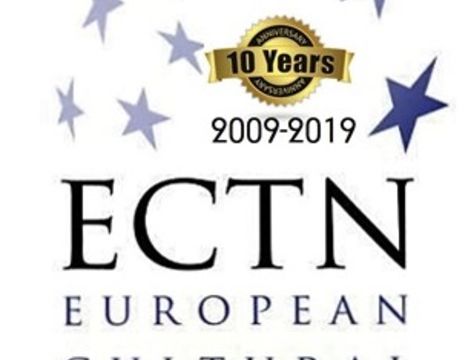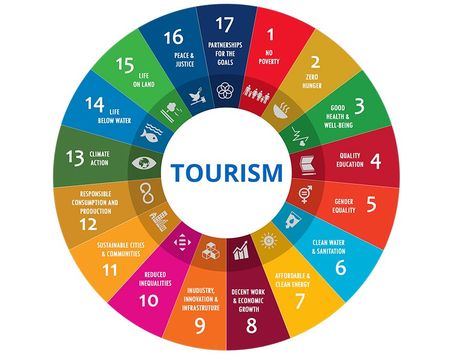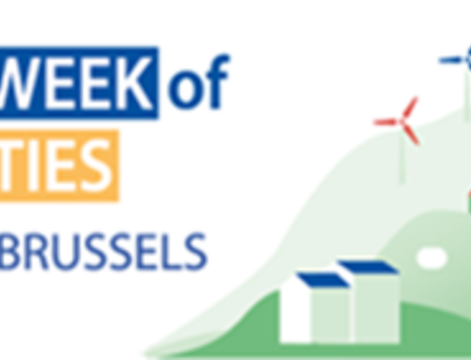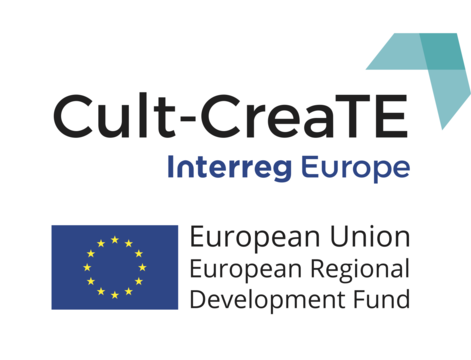'Cultural Heritage and Creativity' is a corner stone of 'Smart Tourism', as defined in the 'European Capital of Smart Tourism' awards, offerring great synergies with the Cult-CreaTE project
The 'European Capital of Smart Tourism' initiative recognises outstanding achievements by European cities as tourism destinations in four categories: sustainability, accessibility, digitalisation as well as cultural heritage and creativity. This EU initiative aims to promote smart tourism in the EU, network and strengthen destinations, and facilitate the exchange of best practices.
For the purpose of the 'European Capital of Smart Tourism' competition held in 2018 and 2019, candidate cities were invited to describe and share their innovative projects, ideas and initiatives implemented under each of the four award categories (Accessibility, Digitalisation, Sustainability, Cultural Heritage & Creativity), which helped them to improve their profile as a tourism destination.
'CULTURAL HERITAGE & CREATIVITY' category was judged by criteria:
- Is the city making resourceful use of its cultural heritage and creative industries for an enriched tourism experience?
- What actions are implemented to render recognition and to incorporate the tangible and intangible heritage of art, history and culture in its centre and surroundings, in the enhanced tourism offer?
- How is cultural heritage and creativity used to attract tourists from countries outside the EU in particular and exploit synergies between tourism and cultural and creative industries?
The focus on cultural heritage and creativity means protecting and capitalising on the local heritage as well as cultural and creative assets for the benefit of the destination, the industry and tourists.
The Cult-CreaTE project in thus is strongly linked to 'Smart Tourism', by deploying Cultural and Creative Industries (CCIS) for cultural and creative tourism development and promotion in Europe.
The best practices related to the 'European Capital of Smart Tourism' candidates, regarding the 'Cultural Heritage and Creativity' awards category, are on great interest for capitalisation by Cult-CreaTE project partners in their exchange of experience for the action plans and policy instrument improvements.
Backgound
In 2018, the European Commission launched a first EU-wide competition for the European Capital of Smart Tourism. 38 cities from 19 EU Member States submitted their applications to compete for the 2019 European Capital of Smart Tourism title. Helsinki (Finland) and Lyon (France) won the competition and were the 2019 European Capitals of Smart Tourism. In 2019, the competition for the 2020 European Capitals of Smart Tourism was launched in which 35 cities from 17 EU Member States competed. Gothenburg (Sweden) and Málaga (Spain) won the 2020 European Capital of Smart Tourism titles.
On the basis of the candinate entries the following report has been prepared:
‘2019 & 2020 European Capital of Smart Tourism competitions’
This report has been prepared in 2020 for the European Commission, DG Growth
Internal market, Industry, Entrepreneurship and SMEs
Key Subjects:
Exchange of best practices, innovative and smart tourism measures, accessibility, sustainability,
digitalisation, cultural heritage and creativity
Best Practices
The selection of best practices compiled in this report has been derived from the applications the cities submitted to the two competitions (2019 and 2020 European Capital of Smart Tourism). The report showcases the selection of best practices in each category (Accessibility, Sustainability, Digitalisation, Cultural heritage and creativity) and solely presents and relies on the data that the cities have submitted in their applications.
Purpose
Apart from showcasing exemplary practices by cities as tourism destinations in: Accessibility, Sustainability, Digitalisation, Cultural Heritage and Creativity, the European Capital of Smart Tourism initiative aims to establish a framework for the exchange of best practices between cities and creates opportunities for cooperation and new partnerships. The compendium aims at raising awareness about smart tourism tools, initiatives and projects, sharing the best practices in tourism implemented by cities and strengthening peer-to-peer learning and innovative development of tourism in the EU.
